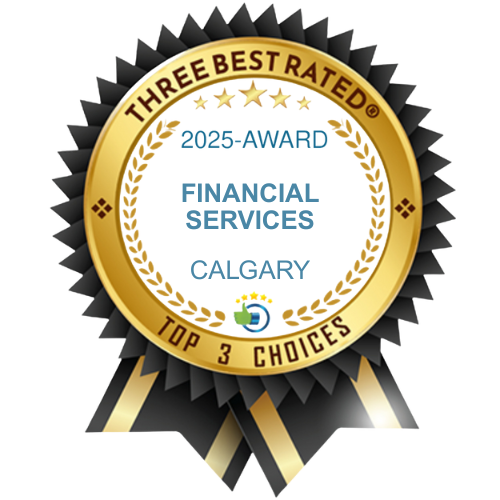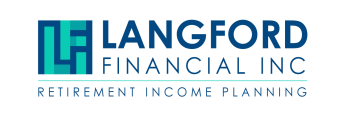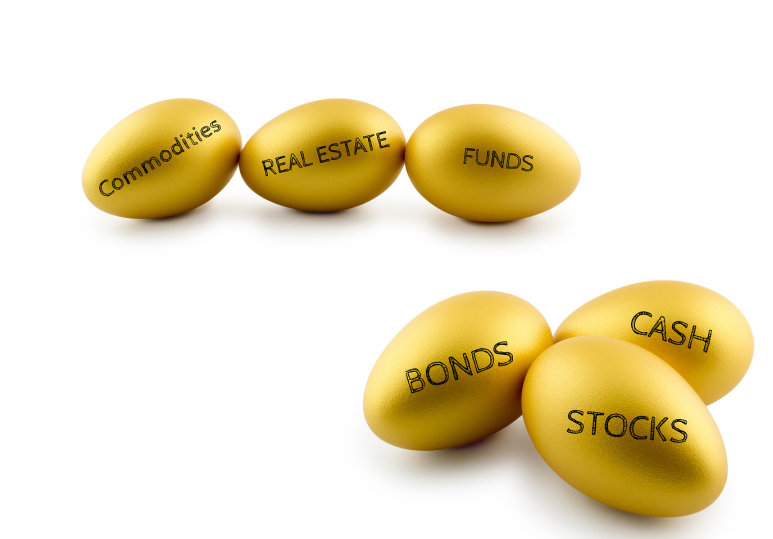What Does It Mean To Have Your Total Financial House In Order?
Most Canadians have many financial products spread from one institution to another. Life insurance, group health and dental benefits from work, group RRSPs, LIRAs and pension plans from past employers, accounts at multiple banks, investments with an advisor and investment account you have attempted to start at your bank's discount brokerage.
Just think of how many underperforming investments you have that you have not looked at for years? You have no clear plan. No direction. Make a wonder you feel stressed and uneasy about the future - it's a dog's breakfast.
Getting your financial house in order means completing an inventory of what you have and organizing it in a clear way so that everything is working towards reaching your goals. The outcome is confidence, peace of mind, and a clear path forward. We like to call this a roadmap for retirement. Many people who come to us to prepare for retirement are surprised to find out that they are able to retire sooner than they realized.
Let's have a look at the process of getting your stuff together in 5 key areas.
Income Planning - as you transition into retirement the source of your income will come from your savings and government pensions, rather than your employment. This can be a little scary.
- How much income will you need?
- What is a sustainable level of income to take each month to ensure not running too low later?
- What will the order be and from which sources should you draw first.
Investment Planning - there are two distinct phases of investment planning. The accumulation phase - is the time prior to retirement when you are growing your savings. The decumulation phase - is the time during your retirement when you'll be drawing down your savings to create income. It's crucial to understand that the investment structure is different for each phase. You will need to understand the impact of volatility and inflation on your portfolio.
- The amount of money you should allocate to income, growth and preservation.
- When to start government benefits in cooperation with your drawdown strategies from your portfolio.
- What is a reasonable rate of return to reach your goals?
- What is the right mix between equities and fixed income?
- What account types should you have if you are single versus if you are married?
Tax Planning - you cannot separate investment planning from investment planning. In fact, they are like the two wings of an airplane. Every dollar you save in tax is a dollar you have to enjoy retirement, invest to earn more money or pass along to your loved ones. Why give CRA more than your fair share? Yet, most people do, simply because of poor planning and poor timing.
- What are the tax credits and deductions available to you as a retiree?
- How can you better split income to save taxes?
- What investments offer the best tax-saving strategies?
Risk and Insurance Planning - life comes with risk. It cannot be avoided. However, there are many ways to mitigate risk. The main concerns for retirement are:
- health and dental plan to cover medical expenses.
- travel insurance while you are outside of Canada.
- final expense costs
- home and auto coverage
- life insurance
- long-term care insurance
Estate Planning - this is about the transfer of your assets to someone else in a simple and tax-efficient manner. This is where you want to make sure that your legal obligations are in order.
- Having an updated will.
- Proper beneficiary designations.
- Strategies to reduce probate fees or eliminate probate altogether.
- Maintaining family harmony with a fair distribution of your estate assets.
- Dying broke - if that's what you want.
- Setting up legal documents like power of attorney, personal directive, and executor.
Conclusion
If you don't take the time to get organized the problems eventually fall to someone else and this someone else may not have the skill to deal with your assets the way you would like to have them dealt with.
Think of a couple of words to describe how you would feel if you had all of these areas organized in a concise manner that was easy to understand and explain to someone else. This is what we do at Langford Financial. We charge a flat fee to get your total financial house in order so that you can have complete confidence to retire and start living your ideal lifestyle.
Life is Short. Retire. Be Happy!
Learn more about our planning process and how to book an appointment by clicking here.
Fee-Only Retirement Income, Investment, & Tax Planning,
Willis Langford BA, MA, CFP
Nancy Langford CRS







